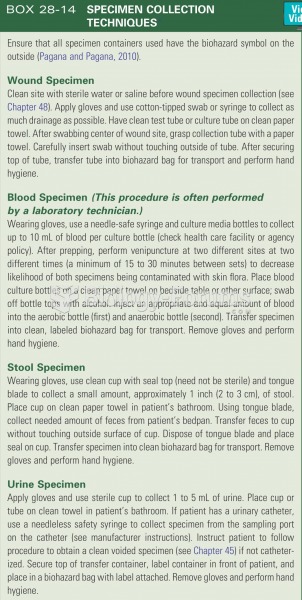|
|
|
In 2006, a generic antinausea drug named ondansetron was approved. It is used to stop nausea and vomiting associated with surgery, chemotherapy, and radiation therapy.
The horizontal fraction bar was introduced by the Arabs.
Though Candida and Aspergillus species are the most common fungal pathogens causing invasive fungal disease in the immunocompromised, infections due to previously uncommon hyaline and dematiaceous filamentous fungi are occurring more often today. Rare fungal infections, once accurately diagnosed, may require surgical debridement, immunotherapy, and newer antifungals used singly or in combination with older antifungals, on a case-by-case basis.
Intradermal injections are somewhat difficult to correctly administer because the skin layers are so thin that it is easy to accidentally punch through to the deeper subcutaneous layer.
Automated pill dispensing systems have alarms to alert patients when the correct dosing time has arrived. Most systems work with many varieties of medications, so patients who are taking a variety of drugs can still be in control of their dose regimen.
 (a) The relative age ranges of different dating techniques depend upon the half-life of the system u
(a) The relative age ranges of different dating techniques depend upon the half-life of the system u
 Finishing techniques to entire leg. Start with basic effleurage from ankle to hip. Redrape the leg. ...
Finishing techniques to entire leg. Start with basic effleurage from ankle to hip. Redrape the leg. ...





